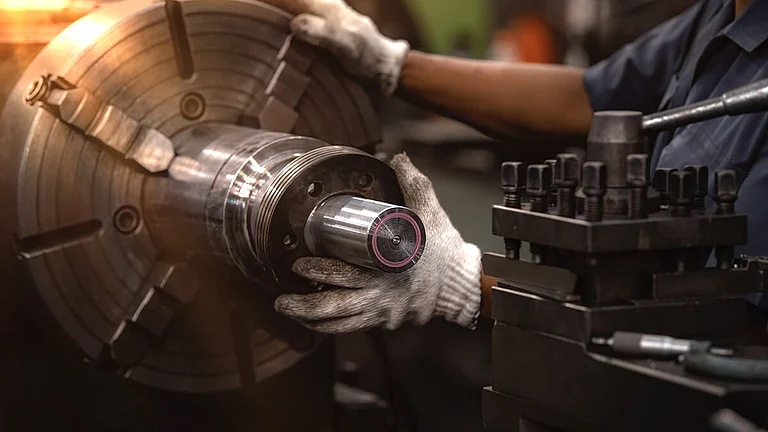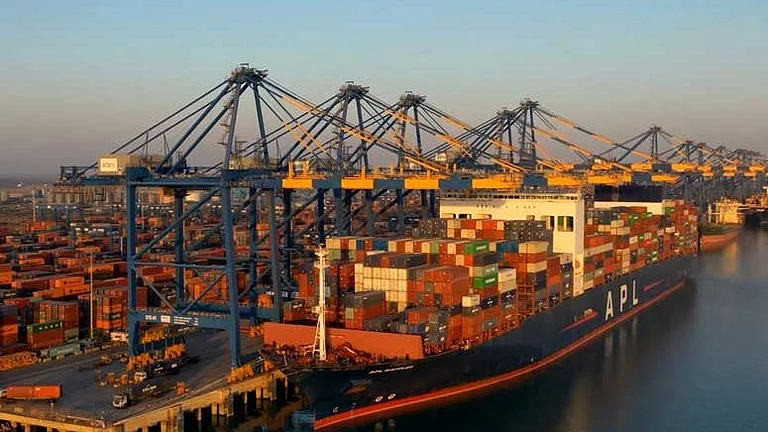German auto parts maker Bosch is set to cut around 1,100 jobs by 2029 at its Reutlingen plant as it is set to restructure the facility to focus more on producing semiconductors. Bosch, in a statement on July 22, said the increased focus on manufacturing semiconductors is mainly because producing electronic control units isn’t competitive anymore, Reuters reported.
“The European market for control units is highly price-driven and fiercely contested by new entrants,” said executive vice president of semiconductor operations, Dirk Kress, according to Reuters. “The necessary job cuts are not easy for us, but they are urgently needed to secure the future of the site,” Kress added.
The move will reportedly impact one-tenth of Bosch’s workforce at its Reutlingen site’s assembly line as well as in back-office roles.
Prior to this, a similar move was announced by the German manufacturer in November last year. The company had reportedly laid off employees in 8,000 to 10,000 roles and attributed that to the “profound transformation” in the car market that had driven it to make difficult cost-cutting decisions.
“The automotive industry is suffering from significant excess capacity and the competitive and price pressure have intensified,” a Bosch spokesperson had earlier said during layoff announcements.
Besides layoffs, the German auto parts maker had reduced working hours for over 450 employees from 38-40 hours per week to 35 hours per week on lower pay to bring down costs.
These developments are happening around a time when the German parts manufacturer is witnessing a dip in sales driven by the troubled auto market situation, particularly in the European and German market, and rising competition from its Chinese counterparts. This is part of the broader impact that China is having on Germany’s industrial production across sectors, including automotive, clean technology and mechanical engineering, as it is moving from low-value manufacturing to high-tech industries driven by the Made in China 2025 policy.

































